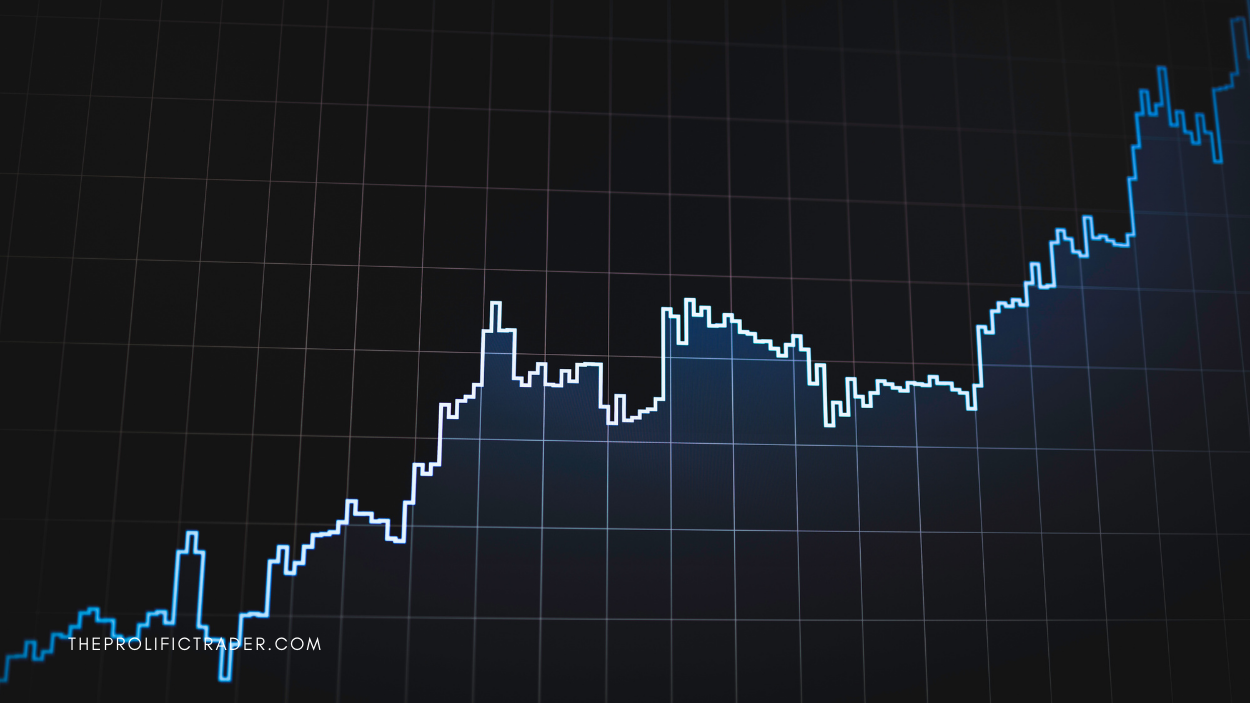If you’re looking for safe, reliable, and profitable ways to invest, look into blue chip stocks. These companies are the best in their field, with low volatility and strong long-term returns.
What Are Blue Chip Stocks
Blue chip stocks are stocks from a company that has had a good reputation for quality, reliability, and making money for a long time. These companies are likely to be well-known.
General Mills, Apple, Google, and Disney are all “blue chip” stocks, which means they have a lot of value.
These stocks tend to follow a big-cap index, like the S&P 500 or the Russell 1000. But just because a company is a well-known name doesn’t mean it’s blue chip. As an example, Apple didn’t become a blue chip company until 2015.
Why Blue Chip Stocks
Stable growth rate: Stocks of well-known companies usually have a good long-term record of growth. They aren’t as risky as less well-known companies and have a lot of power in the market.
A lot of money: Blue chip companies are usually worth a lot of money, so they have a lot of money in the market. When a company has a lot of money and a lot of money, it is called a “large market cap.”
There are usually a lot of blue chip stocks in a big market index, like the S&P 500 or the Nasdaq 100. They tend to rise and fall with the market.
If you want to buy blue chip stocks that pay dividends to their shareholders, you might want to look for blue chip dividend stocks. Dividends are payments made from a company’s profits every few months. There aren’t as many companies that need to invest in their growth because they’ve been around for a long time. Instead, they can share profits with their investors.
Blue-chip vs. penny stock
In the words of the Securities and Exchange Commission, a penny stock is a security that comes from a company with a small market value and that costs less than $5 per share. Some experts set the cut-off even lower: at $1 or less, or less than that.
Penny stocks have a low value. They are often traded outside of the big market places. For example, Nasdaq has a rule that says that if a stock falls belzzow a minimum bid price of $1 per share for 30 days in a row, it could get kicked off the exchange.
Penny stocks are not blue chip stocks. They are made by companies that don’t have a lot of value or might be about to go broke. Penny stock shares are bought by people who want to make money. They hope the company will turn around so they can make money back.
Blue chip stocks, on the other hand, have steady earnings year after year. As long as you keep your money safe, they won’t go up in value right away, but they’ll give you a steady return. Blue chip stocks are likely to stay in demand even in bad times because they are well-known.
But blue-chip companies can’t stay out of the way of bad economic times. Every company, even the most well-known, can lose money.
When the Great Recession hit, Goldman Sachs (GS) was a big loser. Even though it’s a blue chip stock now, it lost a lot of money. Because it was part of the subprime mortgage crisis, which led to the stock market crash in 2008, the value of its shares dropped.
Stable Growth
If you want to add safe, stable stocks with a long history of steady growth to your portfolio, blue chip shares can be a good choice. Though these stocks are thought to be safe, don’t put all your eggs in one basket.
It’s not possible for any business to avoid market downturns or economic stress. Having steady returns in the past doesn’t mean that they will keep up in the future, either. Do your homework before you spend any money on buying individual stocks.
Most people will do well with a diversified mix of investments that includes blue chip stocks as part of the overall portfolio, but not the main focus of their money. (Wealthsimple Invest makes it simple and easy to start.)
You should buy blue chip stocks.
The process of buying individual stocks, whether they are blue chips or not, takes a lot of work and time. Companies that have been around for a long time and have been through a lot of different market conditions are the first thing you should look at.
Use the company’s 10K filing as a good place to start for information about the company’s past, present, and future performance. Check out the company’s finances, growth over time, current outlook, and plans for the future, then decide whether or not you want to work for them.
There are two ways to buy these stocks: You can either buy individual shares of companies like Home Depot and Johnson & Johnson, or you can buy an index fund. They look at the performance of a group of stocks called blue chips or exchange-traded funds (ETFs).
Bigger-cap index funds or ETFs are also a good way to get a lot of blue chips in your investments. This is because blue chip companies have big market caps, so they’d be part of those funds.
Another thing to note: Index funds or ETFs that track the S&P 500 or Nasdaq 100 also have shares of blue chip stocks in them, as well. Because these funds have more than just blue chips in them, they can help you diversify your investments even more.
Bottom line
A blue chip stock is a stock that comes from a company that has been around for a long time and has a good track record of making money.
The fact that a stock is a blue chip doesn’t mean it can’t be affected by the market or the economy. Never put all of your eggs in one basket, but you might want to add blue chip stocks or funds to your portfolio.
Also Read


